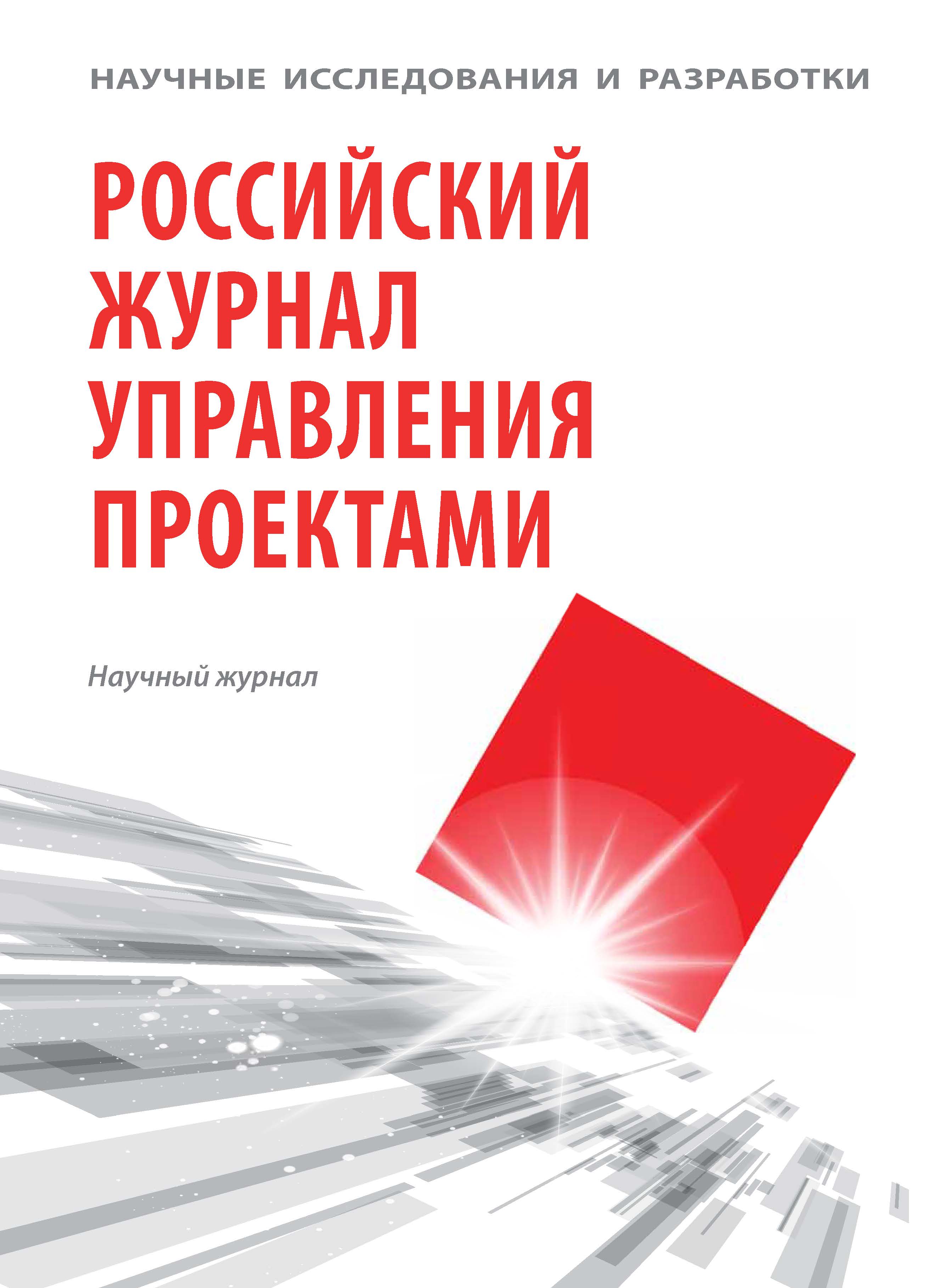The goal of this paper is to study the investors’ own human capital and how it effects its contribution to the success of innovation projects implementation in Russia. It is already proven and recognized by foreign researchers that for the first-time entrepreneurs such factors, as the investor’s knowledge, skills, experience and business connections year by year are becoming more and more significant, than the amount of potential project funding. Based on the review and analysis of recently published foreign studies on investors’ own human capital, the author puts forward a number of hypotheses and explores the Russian market accordingly. As a result the author compares the role of investors who manage projects in the developed (US and European) markets with that of investors managing projects in the emerging (Russian) market.
human capital, investor, innovation project, entrepreneur, startup, venture capital market.
Введение
Традиционно начинающие предприниматели обращаются к инвесторам в первую очередь с целью получения финансовой поддержки своих проектов. Однако в последние годы обозначилась тенденция, согласно которой предпринимателей стала интересовать не только финансовая сторона вопроса, но и возможность получения профессиональной помощи со стороны инвесторов, которые открыты для контактов и могут быть хорошими наставниками, готовыми делиться своим профессиональным опытом. По мере того как проект переходит от стадии бизнес-плана к стадии реализации, а предприниматель получает необходимое финансирование, зачастую возникает вопрос: «Что делать дальше?» Не имея достаточного опыта и необходимых знаний, начинающий коммерсант имеет все шансы в скором времени потерять инвестиции. Следовательно, становится актуальной тема оценки предпринимателем нематериальной помощи инвестора, его человеческого капитала.
Данная работа основывается на следующем постулате: эффективное управление является залогом успеха всех компаний, но для молодых, инновационных предприятий оно принимает решающее значение. Как показывает практика, начинающие предприниматели далеко не всегда наделены талантом менеджера, а по мере развития недавно организованной компании вопрос квалифицированных человеческих ресурсов становится все острее. И вот тогда решающую роль в развитии предприятия может сыграть инвестор.
В результате исследования автором будут на даны ответы на три главных вопроса:
- что, помимо денежного финансирования, могут предложить инвесторы начинающему предпринимателю?
- существуют ли методы, которые могут быть использованы для оценки человеческого капитала инвесторов?
- обладают ли российские инвесторы необходимыми знаниями и навыками?
Современные тенденции исследования человеческого капитала инвесторов
Как сильно влияют возможности инвесторов на реализацию инновационных проектов? Не финансовые возможности, а управленческие навыки и способности. В последнее время все чаще инвесторы рассматриваются как активные участники в жизни компании или отдельного проекта. Их полномочия заключаются в мониторинге, координации и помощи начинающим предпринимателям в управлении как словом, так и делом.
1. Aghion P., Bolton P. An Incomplete Contracts Approach to Financial Contracting. Review of Economic Studies. 1992. Vol. 59. P. 473-494.
2. Bertrand M., Schoar A. Managing with style: The effect of managers on corporate policy. Quarterly Journal of Economics. 2003. Vol. 118. P. 1169-1208.
3. Botazzi L., Da Rin M., Hellmann T. Who are active investors? Evidence from Venture Capital. Journal of Financial Economics. 2008.
4. Casamatta C. Financing and Advising. Optimal Financial Contracts with Venture Capitalists. Journal of Finance. 2003. Vol. 58. P. 2059-2085.
5. Cohrane J. The risk return of venture capital. Journal of Financial Economic. 2005. Vol. 75. P. 3-52.
6. Cornelli F., Yosha O. Stage Financing and the Role of Convertible Debt. Review of Economic Studies. 2003. Vol. 70. P. 1-32.
7. Gompers P., Lerner J., Kovner A., Scharfstein D. Skill vs. Luck in Entrepreneurship and Venture Capital: Evidence from Serial Entrepreneurs. NBER WP, 2006a, № 12592.
8. Gompers P., Lerner J., Kovner A., Scharfstein D. Specialization and Success: Evidence from Venture Capital. Harvard Business School working paper, 2006b.
9. Gompers P., Lerner J. Money chasing deals? The impact of fund inflows on private equity valuations. Journal of Financial Economics. 2000. Vol. 55. P. 281-325.
10. Gompers P., Lerner J. The Venture Capital Cycle. Cambridge: MIT Press, 1999.
11. Hege U., Palomino F., Schwienbracher A. Venture Capital Perfomance: The Disparity Between Europe and the United States. University of Amsterdam Business School & Catholic. University of Louvain working paper, 2008.
12. Hellmann T., Puri M. The interaction between product market and financing strategy: The role of venture capital. Review of Financial Studies. 2000. Vol. 13. P. 959-984.
13. Hochberg Y., Ljungqvist A., Lu Y. Who you know matters: Venture capital networks and investment performance. Journal of Finance. 2005.
14. Kaplan S., Schoar A. Private equity performance: Returns, persistence and capital flows. Journal of Finance. 2005. Vol. 60. P. 1791-1823.
15. Kaplan S., Stromberg P. Venture capitalists as principals: contracting, screening, and monitoring. American Economic Review. 2001. Vol. 91. P. 426-430.
16. Lerner J. Venture capitalists and the oversight of private firms. Journal of Finance. 1995. Vol. 50. P. 301-318.
17. Lindsey L. The venture capital keiretsu effect: An empirical analysis of strategic alliances among portfolio firms. Arizona State University working paper, 2003.
18. Ljungqvist A., Richardson M. The cash flow, return and risk characteristics of private equity. New York University working paper, 2003.
19. Quigley J.M., Woodward S.E. An Index for Venture Capital. University of California at Berkeley. Working Paper No. E03-333. 2003.
20. Rajan R. Insiders and Outsiders: The choice between informed and arm’s length debt. Journal of Finance. 1992. Vol. 47. P. 1367-1400.
21. Repullo R., Suarez J. Venture Capital Finance: A Security Design Approach. Review of Finance. 2004. Vol. 8. P. 75-108.
22. Schwienbracher A. An Empirical Analisys of Venture Capital Exits in Europe and in the United States. University of Amsterdam working paper, 2004.
23. Schmidt K. Convertible Securities and Venture Capital Finance. Journal of Finance. 2003. Vol. 58. P. 1139-1165.
24. Sorensen M. How smart is smart money? An empirical two-sided matching model of venture capital. Journal of Finance. 2005.
25. Zarutskie R. Do Venture Capitalists Affect Investment Performance? Evidence from First-time Funds. Fuqua School of Business, Duke University working paper, 2007.
26. Zarutskie R. The role of top management team human capital in venture capital markets: Evidence from firsttime funds. Journal of Business Venturing. 2010. Vol. 25. R. 155-172.






